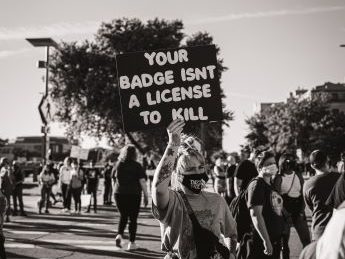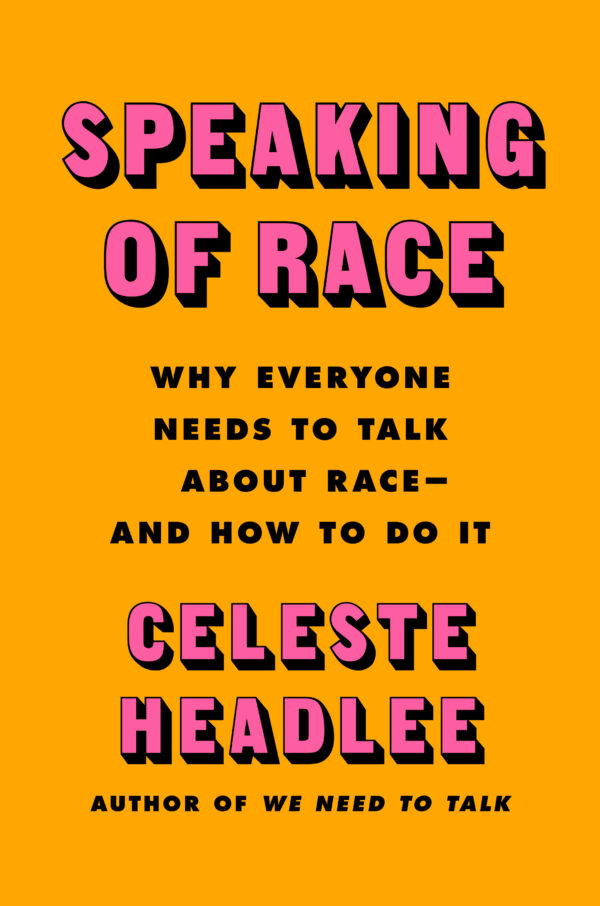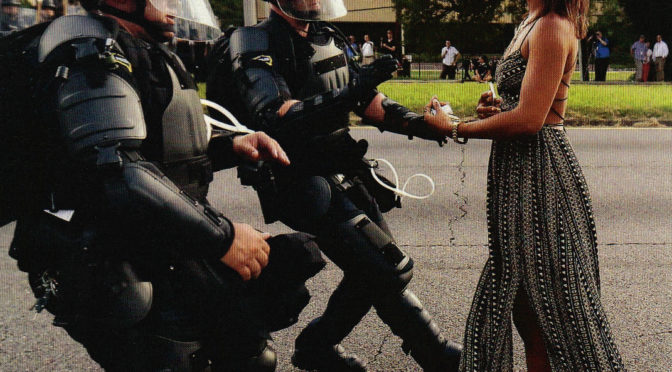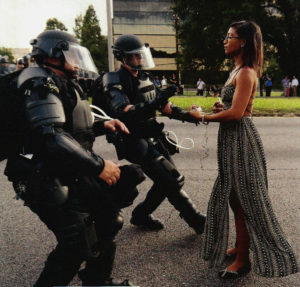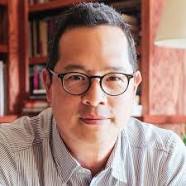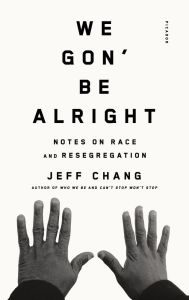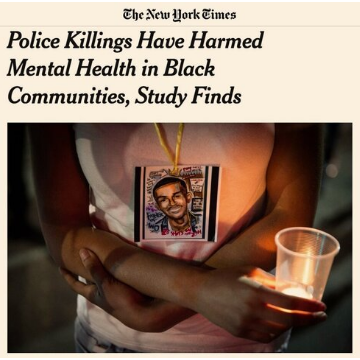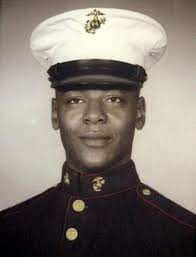They directly impact both our mental health
as well as our physical health
Have you, like so many black parents and
helping professionals, been wondering what impact
these killings of our brothers and sisters are having
on us and our children?
It affects their health, both
emotional and physical. It’s no coincidence that our
communities have disproportionate levels of heart
disease, hypertension, diabetes and addictions. But
when you see the statistics, it is startling.
A report published in the British medical journal,
The Lancet, validates the negative impact of police
killings of unarmed blacks on black people in the
states in which they happened. The inter-
national response to George Floyd’s death shows
that there has been a measurable impact around
the world. It is validating to realize that people
all over the world have been touched by what
has been going on here in the States.
The mental health of white Americans was not
similarly affected by killings of unarmed blacks,
the researchers found. Nor were negative health
effects associated with police killings of unarmed
white Americans or armed black Americans.
The study, which looked at survey data and
examined a database of police killings, noted that
white Americans were not affected similarly.
They also found that killings of armed black
Americans or unarmed white people did not
seem to generate negative health effects.
While we are seeing the increase in violent crime
with the emergence of the pandemic, data tracking
of police killings of blacks found no correlation with
local crime rates. It is more likely that a firearm
and implicit bias don’t belong together but anti-
racism training and more progressive policing
methods do.
